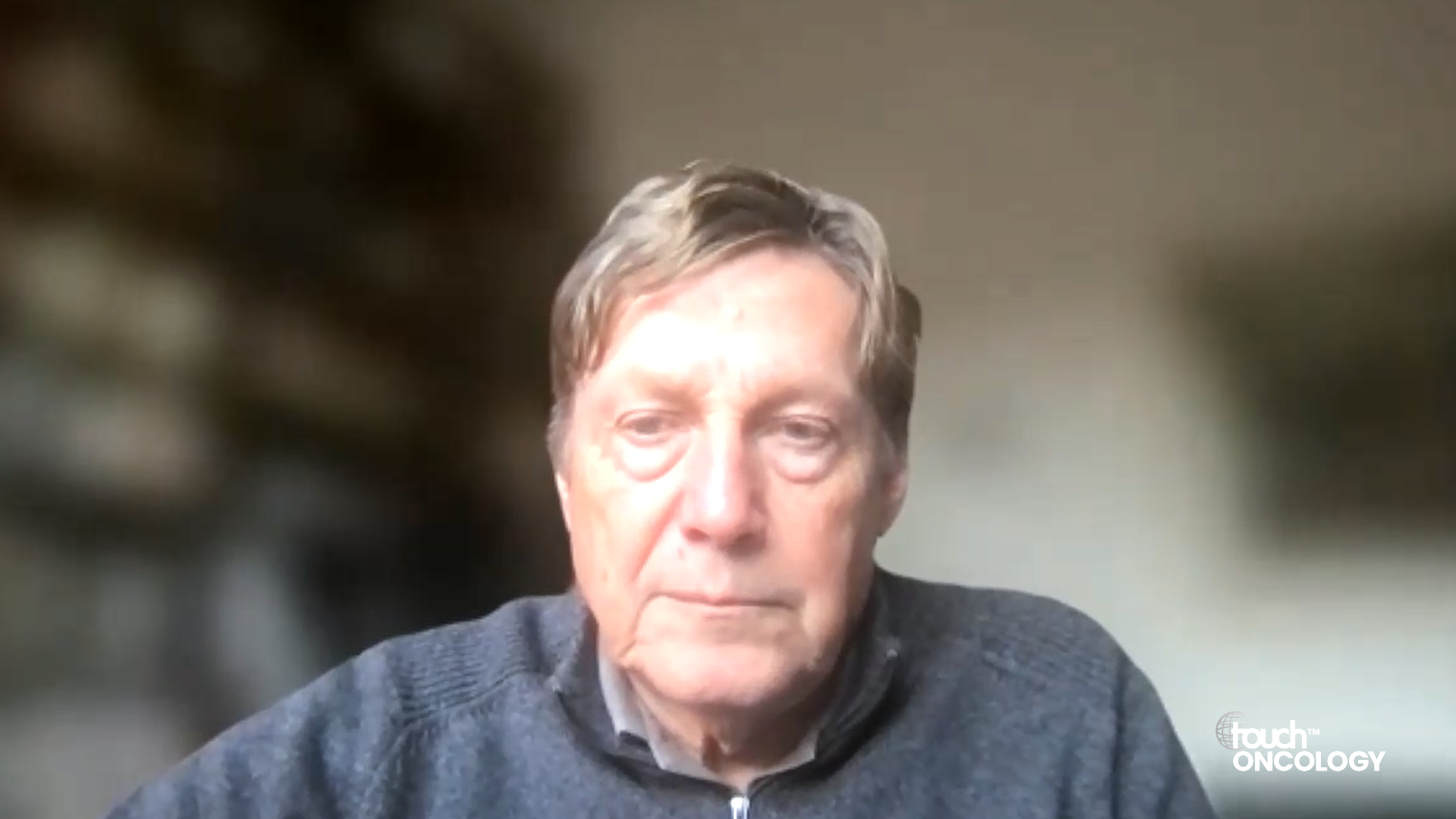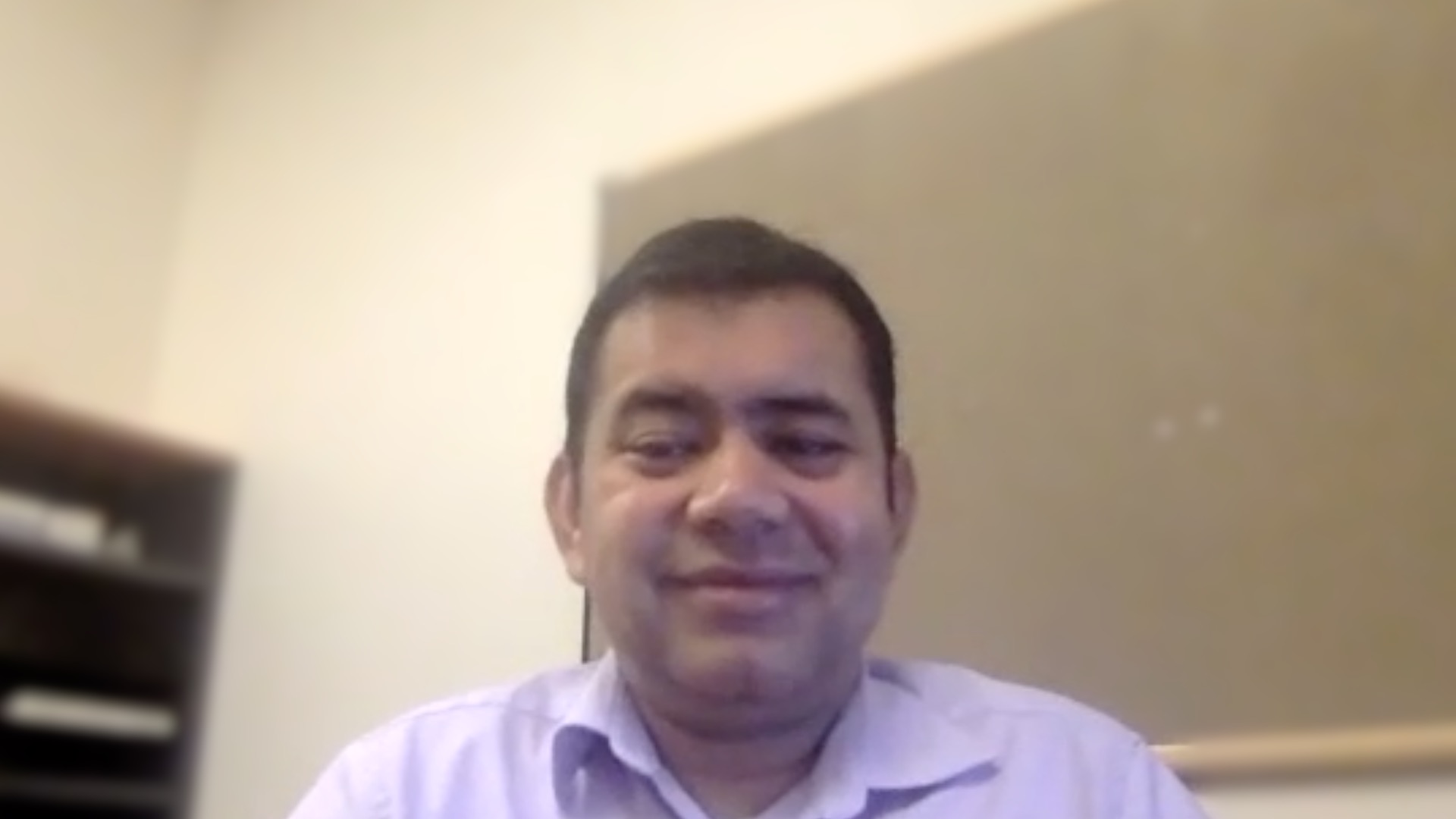PERSEUS trial results: Daratumumab + VRd in newly diagnosed multiple myeloma: ASH 2023, Pieter Sonneveld
The randomized phase III PERSEUS trial (NCT03710603) investigated daratumumab in combination with bortezomib, lenalidomide, and dexamethasone (VRd) compared with VRd and lenalidomide alone in patients with transplant-eligible newly diagnosed multiple myeloma (NDMM). Daratumumab, a CD38 monoclonal antibody, is currently approved for use in several treatment regimens aimed at both transplant-eligible and non-transplant-eligible NDMM. In this interview Prof. Pieter Sonneveld (Erasmus MC Cancer Institute, Rotterdam, Netherlands) kindly joins us to discuss the current treatment landscape for NDMM and the role of autologous stem cell transplantation; the PERSUEUS trial rationale, design and key findings, highlighting potential implications of the results for the future treatment of NDMM.
The abstract entitled “Phase 3 Randomized Study of Daratumumab (DARA) + Bortezomib, Lenalidomide, and Dexamethasone (VRd) Versus Vrd Alone in Patients (Pts) with Newly Diagnosed Multiple Myeloma (NDMM) Who Are Eligible for Autologous Stem Cell Transplantation (ASCT): Primary Results of the Perseus Trial” was presented at the 65th ASH Annual Meeting and Exposition December 9-12, 2023, in San Diego, CA, USA.
Questions:
- Can you provide an overview of the current treatment landscape for newly diagnosed multiple myeloma (NDMM) and the role of autologous stem cell transplantation (ASCT)? (0:39)
- What was the rationale behind combining daratumumab with bortezomib, lenalidomide, and dexamethasone (VRd) in the PERSEUS trial, and how does this approach differ from the current standard of care in NDMM patients? (1:52)
- What was the eligibility criteria in the Perseus trial? (6:08)
- What were the key findings from the trial? (6:22)
- What are the potential implications of the Perseus trial results for the future treatment of NDMM, and what questions remain unanswered? (7:54)
Disclosures: Pieter Sonneveld has nothing to disclose in relation to this interview.
Support: Interview and filming supported by Touch Medical Media Ltd. Interview conducted by Katey Gabrysch.






